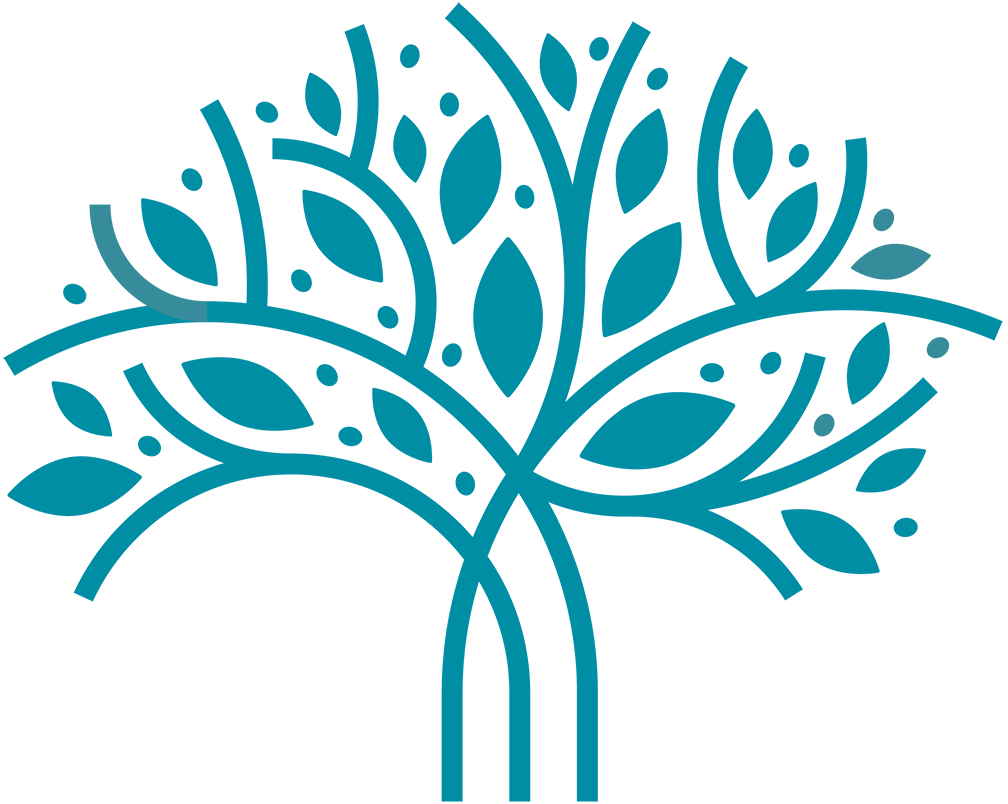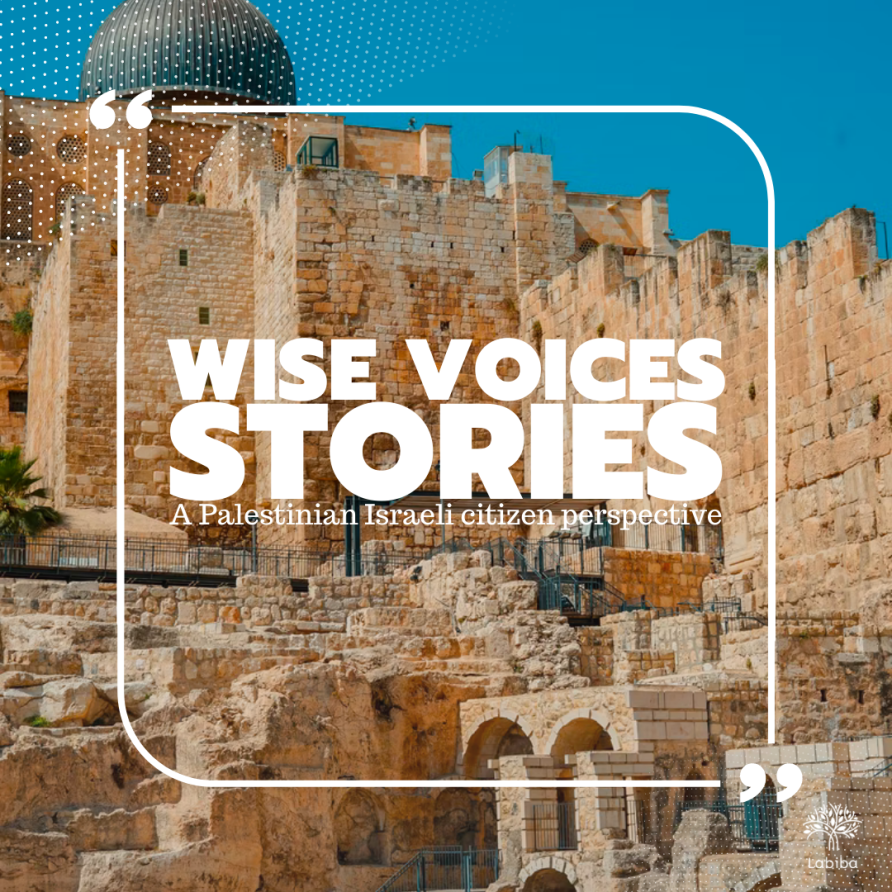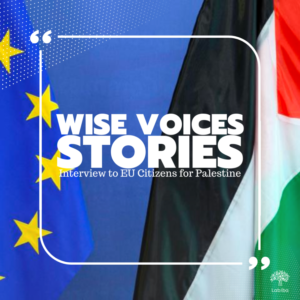WISE VOICES is a column that aims to express another perspective of Palestine through the voices of experts, organizations, and activists living on the ground. Our idea is to give a platform to those who live in and deal with Palestine on a daily basis.
Through this testimony, we would like to share the perspective of a Palestinian with Israeli citizenship. They represent more than 20% of the Israeli citizenship, who are subject to constant suspicion and discriminatory laws.
Hi, let’s start by introducing yourself. Can you tell us a little bit about you? (Feel free to tell us about your birthplace, or any memory that you would like to share with us).
My name is ***, I grew up and lived for most of my life in a Palestinian town within the 1967 border. I am currently pursuing a Bachelor’s degree in Politics and Economics in Europe.
What is it like to live in a Palestinian town in Israel?
It is heavily segregated, and I’ve experienced a lot of anti-Palestinian racism. Sometimes I even feel like a stranger in my own country, having to speak a language other than my own, but nonetheless it is still home. It’s where the sun is always shining and the tea is always pouring. I have so many good memories. It’s where I grew up, and where my family comes from. I love it, despite the social, political and economic problems in our society.
How would you explain to someone outside the Israeli-Palestinian context what it means to be a Palestinian with Israeli citizenship?
The Israeli system wasn’t set up to accommodate Palestinians and their needs. That’s the truth. There are over 65 Israeli laws to date that discriminate against Palestinians, including those of us with Israeli citizenship. A common misconception I’ve encountered about Palestinians is that people tend to think about Palestinians with Israeli citizenship as a different group of people from Palestinians in the West Bank or Gaza. Even in media we’re referred to as “Israeli-Arabs”, which I think is offensive because it strips us off our identity, culture and history as Palestinians. We are the same people, we speak the same language, we have the same culture and history. The difference with Palestinians is the level of privilege.
The Israeli education system is highly divided (segregationist), depending on the citizen’s ethnicity. Do you think that the quality of your education has suffered any lack due to the absence of funds for the Arabs schools in Israel?
Unfortunately, yes. We don’t receive the same resources or facilities as the schools in the Israeli society. When I went to school, the classrooms were overcrowded, sometimes up to 40 students per teacher. When a class has 40 students, there isn’t time to tend to the needs of each student, and it makes learning so much harder. I think it’s unfair and it shouldn’t be that way. I also remember that the courses range was extremely limited, and the school facilities and equipment were very old. All of these things are issues of funding and resource distribution, and they could be solved with a more equal approach.
Considering Neve Shalom’s example, what do you think about the trend of mixed schools? Can they represent a solution?
Neve Shalom is the Hebrew name, the official name is Wahat al-Salam/Neve Shalom; or you could say “the Oasis of Peace”, the English translation. Anyway, I am not familiar with the school in Wahat al-Salam/Neve Shalom, but I’ve heard of the community. In my opinion it’s great, and I wish there were more communities like that. But having a mixed school doesn’t fix the root of the problem, because of the main issue here: inequality. Systemic inequality, to be exact. Palestinians with Israeli citizenship are seen collectively as second-class citizens and treated accordingly by the government and its institutions. We aren’t provided equal opportunities.
I also don’t think Wahat al-Salam/Neve Shalom should be seen as an example for a solution to the overall issue either, because that implies that the issue is that Palestinians and Israelis are unable to live or coexist in the same spaces, which isn’t true. That has never been the issue. There are hundreds of thousands of Palestinians with and without Israeli citizenship, myself included, who live, work, study and socialize peacefully with Israelis every single day. Wahat al-Salam/Neve Shalom has very little influence over policy-making and the systemic inequality that Palestinians face on a daily basis.
As an Israeli-Palestinian citizen, do you feel that your civil and political rights are equal to those of your fellow Jewish citizen? And if you don’t, please tell us more about your experience ( if you want to).
I’ve already mentioned that there are more than 65 Israeli laws that discriminate against Palestinians, so how could we possibly be equal to our fellow Jewish citizens?
Do you consider yourself free to have a right of expression?
Without equal civil and political rights, there can’t be freedom of expression.


